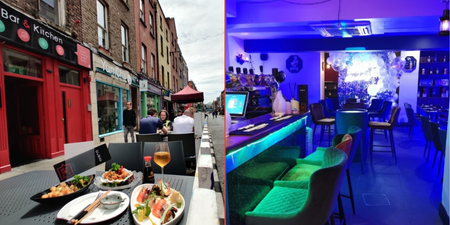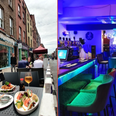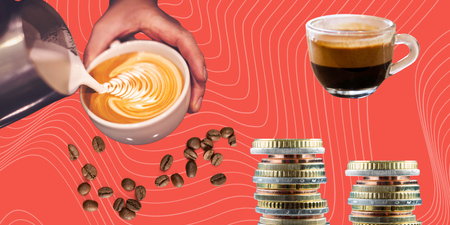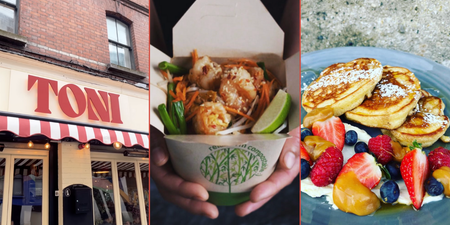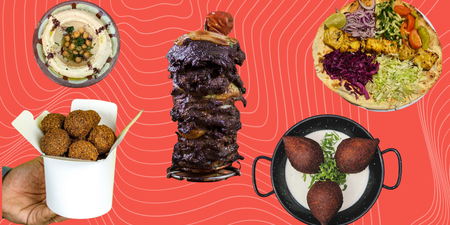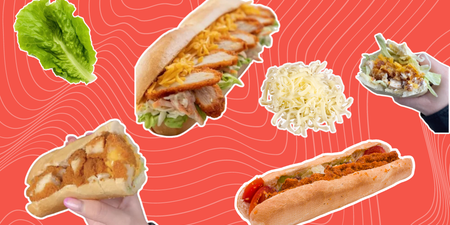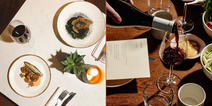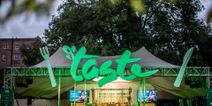This is only the second year of The Festival Curiosity, Dublin’s annual festival of science and culture, and after a sell out first festival in 2013 it looks like it will only continue to grow. The festival has a large number of family events at it’s core and aims to weed out peoples stigma attached to science and reignite the core idea of curiosity in those who may not think they’re interested in science. Curious?
Vincent McCarthy and Ellen Byrne worked together on the Dublin City of Science in 2012 which was a huge European project and The Festival of Curiosity was born out of its success and a clear appetite for this kind of festival. Ellen Byrne, co-founder & creative director, told me a little bit more:
It was a huge coup for Dublin to get the Dublin City of Science in 2012 to be honest. The chief scientific advisor had bid for it, you bid for it in the same way you would bid for the Olympics, it is the Olympics of science and Dublin won it. But what was really interesting about it for Dublin was that it happens in other European cities every two years where there is one week of public engagement science in the city, but Dublin just went you know what lets do a whole year. Paddy Cunningham was the chief scientific advisor and he was just like ‘lets do it for the year’. There was a huge amount of support for it. It was a year round series of events, ‘Dublin the city of science and Ireland the island of enterprise’ or something like that. There was a huge funding call and all these great projects came in. St. Patrick’s day even got behind it and it was themed around science, they asked kids to give science questions or questions they thought were interesting like why is the sky blue or why is the earth round and each of the pageant companies, I think it was 12, responded to each question so all the floats were themed with Dublin City of Science, it was crazy.

So what was it that made yourself and Vincent, co-founder and CEO, decide that actually a festival incorporating some of the ideas of Dublin City of Science would work and have an audience annually?
Well everything sold out, all the events and everyone was talking about how great it was and how it should be an annual thing and somewhere around July or August myself and Vincent were thinking ‘no one else is really going to do this’ so we got talking and we were like ‘yeah, lets do this’. We had been working with Dublin City council, RDS, Matheson and Science Foundation Ireland on Dublin City of Science and they got behind it and are the founding partners.
We spent a lot of time thinking about our mission and why we wanted to do this. What is our objective? Do we want everyone to be scientists? No, we want people to lead better lives in some way and focus on the real curiosity point which leads to better thinkers, better innovators, better artists, better engineers.
When we examined why don’t people go down these routes we split our business plan and strategy into 3 areas: Confidence, Courage and Opportunity. Confidence is our current phase and is like when you’re in school and afraid to ask a question or in a meeting and afraid to speak up you because feel a bit stupid so what we’re trying to do, with the first business plan is really tactile learning and hands on it’s all about trying to build confidence for everyone. You start people asking questions and it can open up a whole world of possibilities, one question can change everything for someone which I think is really interesting.

Ellen and Vincent intentionally hold the festival during the summer out of school times so that it is seen as a cultural activity and not a school event, many of the events are family-centric but is it just for kids?
If you go to workshops with kids typically parents stand in the back or don’t get involved. The whole environment in Festival of Curiosity and what we try to do is get them stuck in so you have parents making stuff and working together. I’m really interested in seeing grandparents work with their grandkids and that intergenerational relationship and age group because they’re so far apart that they learn so much from each other.
During the daytime we have family events and we try to keep the core family programme free although there are some ticketed events and then in the evening we have science shows. We give families the option of coming to evening things but it’s very much about family during the day and the evening is more adult stuff. Our philosophy is that you can come when you’re 5 or you can come when you’re 105.
Parents are the key influencer in a kids life so if they get involved and have the confidence to ask the question then that will definitely be passed on so you’re working it from a lot of different angles. There is definitely something for everyone.
While it is very family orientated even last year I noticed a lot of groups of adults booking to come along as well, which was great to see it appealing to them as well.
This year we’re trying to figure out who the people are who are coming and really branch out to people who wouldn’t usually come. The whole idea with most of the programme being free is that there should be no barrier to anyone who wants to come because there can be enough barriers as there is. People are more likely to come if it’s free.

Typically if one were to think of a science festival they’d probably imagine a series of lectures and experiments but this festival is far more hands on and really tied in with the arts, it is as you described more of a cultural event, what made you tie it in more with arts culture?
During Dublin City of Science 2012 there were over 200 different projects, everything from theatre to puppetry, visual art, music a whole array of stuff. There was this one play made by Paul Meade called ‘Begotten Not Made’, it was just gorgeous. It was a reading as part of Dublin City of Science in Smock Alley Theatre and the topics it dealt with included assisted suicide, euthanasia and IVF all these fairly heavy topics. Usually if you put those topics in an academic setting or public space people get really heated and really anti-science, it’s very dense ethical content but this piece was gorgeous and the conversation out of it was gorgeous. It was just a reading of the play but it made it really human and it was the first time I realised this is what we need more of, to be able to talk about things through other stuff like theatre. I think the cultural end of things is just a lens and it can give science huge insight, the ethics and morals around it. It lends itself both ways. If you look at curiosity, its that curiosity moment it doesn’t matter if its science or art that moment when you’re working on something and you just get it. The eureka moment. You might not be able to tap into science directly but everyone can tap into curiosity. To be more inquisitive and answer more questions is better for everyone it just opens everything up.

So what would you recommend as the best events for first timers and what are you most excited about in the programme this year?
This year we have Dara O’Briain who’s coming over to do this huge show in the mansion house, he did it last year and he is just fantastic, he’s a great guy and he’s an absolute polymath, he knows everything! He has an existing show on the BBC called The Science Show so the BBC worked with us to set up the event. We also have nobel prize winner Professor Bruce Beutler in conversation with Pat Kenny this year.
A more family orientated event we have is this thing called the Curiosity Carnival, it’s very hands-on, we describe it as an interactive science playground and is open to kids as young as 3 or 4. The curiosity carnival was my baby last year and I think this year it’s going to be even better, I’m really happy with it. There’s a curiosity garden in film base, we have these touch plants that make piano noises. The curiosity carnival is definitely a great access point though. Also in City Hall we’re just clearing it out and filling it full of lego and everyone is going to come and we’re going to make a space city. There’s also a bubble show and magical science show which are nice if you want to sit down and watch and not get too hands on.
So what would you say is the importance of curiosity and what is particularly unique about Dublin’s appetite for curiosity?
Curiosity has had a really checkered history, it can be a good word it can be a bad word it can be used in a lot of different contexts. I think curiosity is just the best thing, I think it’s everybody’s drive to life like to get up in the morning, to figure out where you’re going, what’s going to happen. Curiosity is essential for a happy life, it can open up a whole world of possibilities for people. There’s so much in the world to figure out.
And Dublin?
Do you know what I love about Dublin people, everyone has a story to tell, and they’re all hilarious. I think in Dublin, we’re nosey, we are, we’re nosey as a nation. People like storytelling and I think that lends itself to curiosity because people always ask but why but why but why.
I think in Dublin we’re miles ahead, the scientific excellence in Ireland on an academic level is phenomenal, we really punch above our weight in science. Science Foundation Ireland really changed the landscape for science in Ireland. The fact that people fund things like the Science Gallery and really get behind it is incredible. People really believe. That’s what I really like about Dublin, people just go ‘yeah lets do it’ and there’s that kind of feeling of yes we can do it. I think the Science Gallery has had a huge effect and that fact that someone just said lets do the City of Science for a whole year and everyone just got behind it, there were literally 200 partners across the city that got behind it. Irish people are great at going ‘yes lets do it’, ‘we can do it’.
The Festival of Curiosity runs from July 24th – 27th
For more information:
Topics:
RELATED ARTICLES
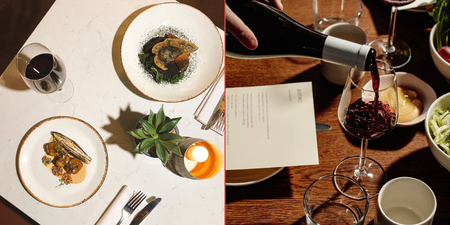
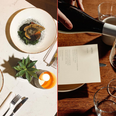
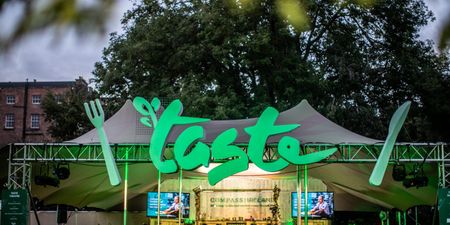
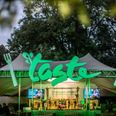
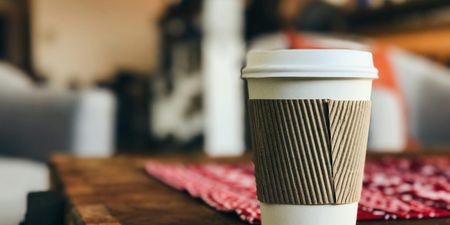

MORE FROM Lovin Dublin
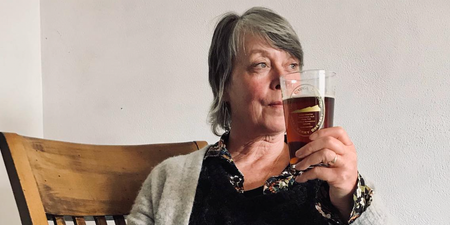
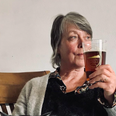
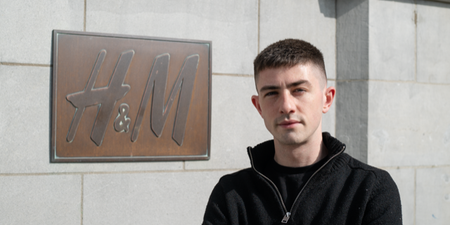
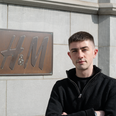
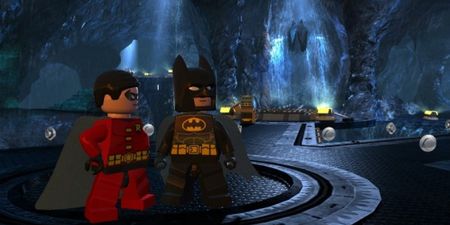
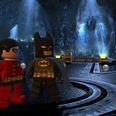
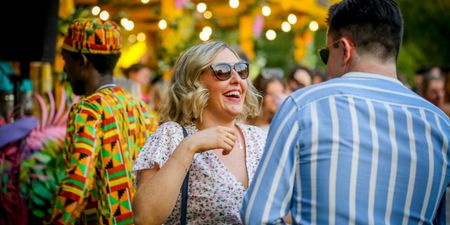
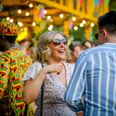
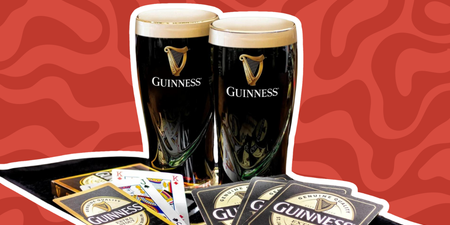
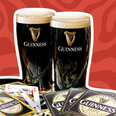
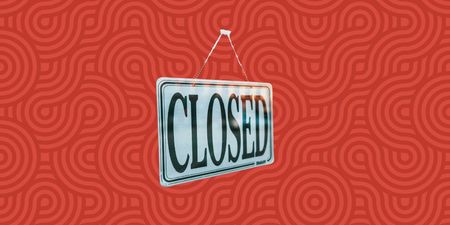

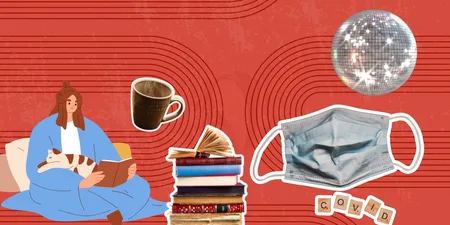
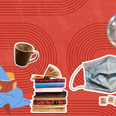
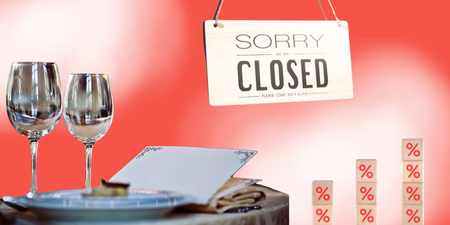
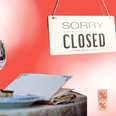
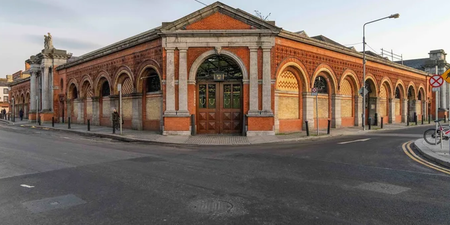
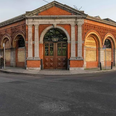
MORE FROM Lovin Dublin
